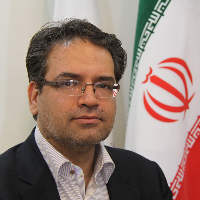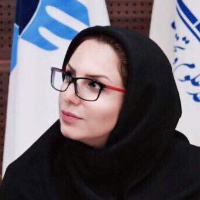Explaining causal relationships and prioritizing the components of the identity of place using the combined DANP model (Case study: historical district of Tehran)
Due to the deep changes in Contemporary societies and the transition from the traditional to the modern and postmodern societies, the old and pre-constructed identity has become a constructed thing that is constantly being restored; it has been influenced by a complex network of causal relationships in various physical, functional, social, semantic, and natural aspects. This is important in the place identity, especially in historical areas, due to drastic economic and physical changes, as these areas are in fact the most important identity element of cities. Thus, the historical district of Tehran is examined due to the double importance of the components of political economy that marginalize identity factors. Accordingly, the aim of this study is to determine the causal relationship and prioritize the components of spatial identity. In order to achieve this goal, first, 19 questionnaires were given to experts using purposeful and consecutive sampling method based on the logic of DAMATEL model in the form of a 32 * 32 matrix, the relationships between variables are determined and then The importance of each is determined by using the combined model of the DEMATEL and the Analytical Network process. The results show that the "social" criterion is the most important criterion, followed by the "semantic" and "physical" criteria. the indicators of "the degree of adaptation of space to climate", "the level of memorization of space", "the degree of visual appeal”, “the rate of occurrence of specific and unique events in space" are the most important indicators in the network.
-
Framework for the Organization and Management of Historic Urban Landscapes; A Case Study of Mashhad, Iran
Masoud Alavian Sadr, Mohammadsaeid Izadi*, Pouyan Shahabian, Mohammadhassan Talebian
Athar Journal, -
Evaluating the Key Components of Spatial Justice with the Concept of Foucault's Disciplinary Power: A case study of Rasht city
Mona Ebrahim Parvar, Hamid Majedi *,
Geographical Urban Planning Research, -
Game theory, a new approach to solving conflicts between stakeholders in the process of urban regeneration
Zeinab Baziar*, Behzad Malekpour Asl, Mohammadsaeed Izadi
Interdisciplinary studies in architecture and urbanism development, -
Evaluating the effectiveness of the Right to the City components to improve Sustainable Urban Spaces Quality for children
Zahra Tamjiidi, *, Farah Habib
Journal of Urban Management and Energy Sustainability, Spring 2022



